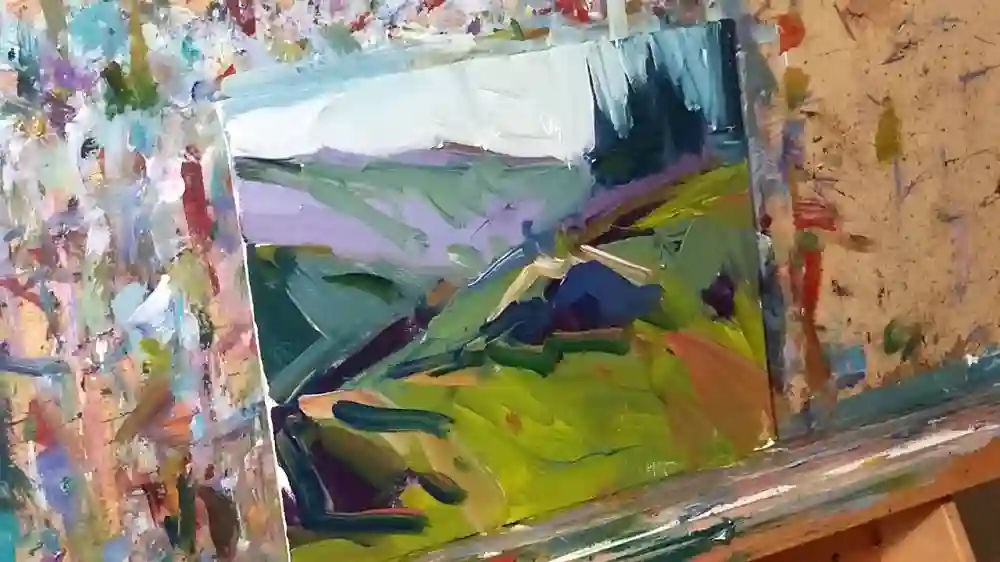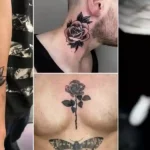Oil painting is not just a hobby; it’s an art form that allows individuals to express themselves, convey emotions, and create captivating visual narratives. Whether you’re a beginner exploring oil painting as a hobby or a seasoned artist looking to elevate your skills to the level of artistry, there are essential steps and practices that can help you develop your talent and transform your passion into a lifelong journey of artistic exploration.
1. Begin with the Basics
If you’re just starting with oil painting, it’s crucial to begin with the basics. Understand the materials and tools you’ll need, such as oil paints, brushes, canvas, solvents, and a palette. Learn about color theory, mixing colors, and the different brush techniques.
Start with simple exercises to familiarize yourself with the medium. Experiment with brush strokes, blending, and layering to gain confidence and control over your materials. Mastering the fundamentals is the first step in developing your skills.
2. Learn from the Masters
Studying the works of renowned oil painters can be incredibly insightful. Analyze the techniques and styles of famous artists like Leonardo da Vinci, Vincent van Gogh, Rembrandt, and Claude Monet. Observe how they handled light, shadow, texture, and composition.
Consider replicating some of their works as a learning exercise. While you may not achieve their level of mastery immediately, you’ll gain valuable insights into their creative processes and techniques.
3. Practice Regularly
The old adage “practice makes perfect” holds true in oil painting. Dedicate time to practice consistently. Set up a dedicated workspace where you can paint comfortably and without interruptions. Establish a routine that allows you to paint regularly, even if it’s for short periods.
Experiment with different subjects, styles, and themes to keep your practice diverse and engaging. The more you paint, the more you’ll refine your skills and develop your unique artistic voice.
4. Take Formal Art Classes
Consider enrolling in formal art classes or workshops. Art instructors can provide valuable guidance, feedback, and structured lessons that accelerate your learning process. Whether it’s a local community class or an online course, formal instruction can help you develop your skills more effectively.
Art classes also offer opportunities to connect with other artists, share experiences, and gain inspiration from your peers. Learning from experienced instructors and interacting with fellow artists can be highly motivating.
5. Build a Strong Foundation in Drawing
Drawing is the foundation of many artistic disciplines, including oil painting. Enhance your drawing skills to improve your ability to plan compositions, capture proportions, and create detailed studies. Consider taking drawing classes or practicing sketching regularly.
Drawing from life, objects, and photographs will help you develop your observational skills and attention to detail. A solid foundation in drawing will complement your oil painting abilities.
6. Explore Different Styles and Techniques
Oil painting is a versatile medium that allows for a wide range of styles and techniques. Don’t limit yourself to one approach. Experiment with different styles, from realism to abstraction, and various techniques like impasto, glazing, and alla prima.
Exploring different styles and techniques not only keeps your art fresh and exciting but also helps you discover your preferences and strengths as an artist. It’s through experimentation that you’ll develop your unique artistic identity.
7. Study Anatomy and Perspective
If you’re interested in figurative or representational art, consider studying human anatomy and perspective. Understanding the human form and how it interacts with space will enable you to create more realistic and dynamic compositions.
There are numerous books, online courses, and resources available to help you grasp these essential aspects of art. Applying this knowledge will elevate the quality of your figurative and landscape paintings.
8. Seek Constructive Feedback
Don’t be afraid to share your work with others and seek constructive feedback. Join local art groups, online forums, or social media communities where artists exchange ideas and critique each other’s work.
Constructive feedback from fellow artists or mentors can provide fresh perspectives and help you identify areas for improvement. It’s an essential part of your growth as an artist.
9. Keep a Sketchbook
Maintaining a sketchbook is a valuable practice for artists at all levels. It’s a place where you can jot down ideas, make quick studies, experiment with compositions, and document your artistic journey. A sketchbook serves as a visual diary of your creative process.
Sketchbooks are also great for developing your drawing skills, exploring new concepts, and refining your ideas before translating them onto canvas.
10. Be Patient and Persistent
Becoming a proficient oil painter takes time and patience. There will be moments of frustration and self-doubt along the way, but remember that every artist experiences these challenges. Persistence is key to overcoming obstacles and continuing to evolve as an artist.
Set realistic goals for your artistic journey and celebrate your achievements, no matter how small they may seem. With dedication and perseverance, you’ll see progress and transformation in your oil painting skills over time.
Conclusion
Whether oil painting is your lifelong passion or a newfound hobby, the journey of developing your skills is both rewarding and fulfilling. From mastering the basics to exploring diverse styles and techniques, your artistic growth is a continuous process. Embrace the challenges, seek inspiration from the masters, and never stop experimenting. As you nurture your artistic talent, you’ll find that your journey from hobbyist to artistry is a remarkable and enriching one that unfolds with each brushstroke.




